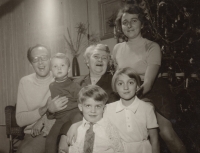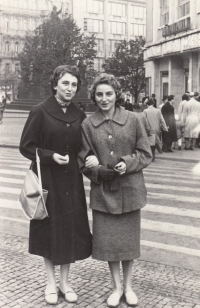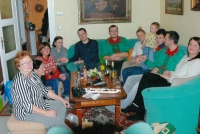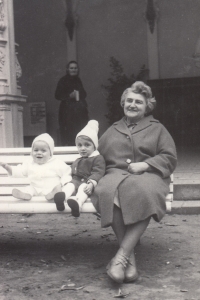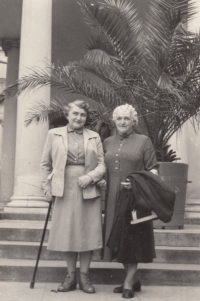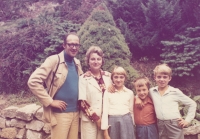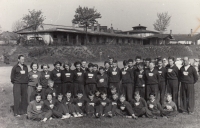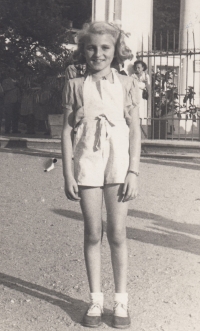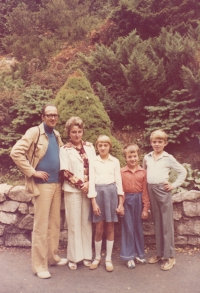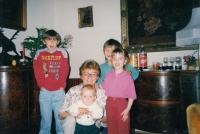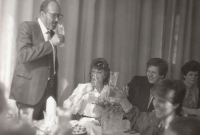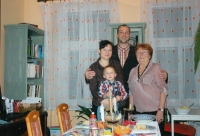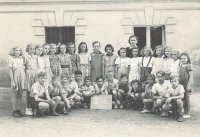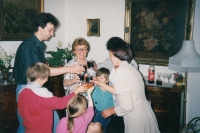Under communism, the spa industry declined. Women would dip their feet in the water fountains
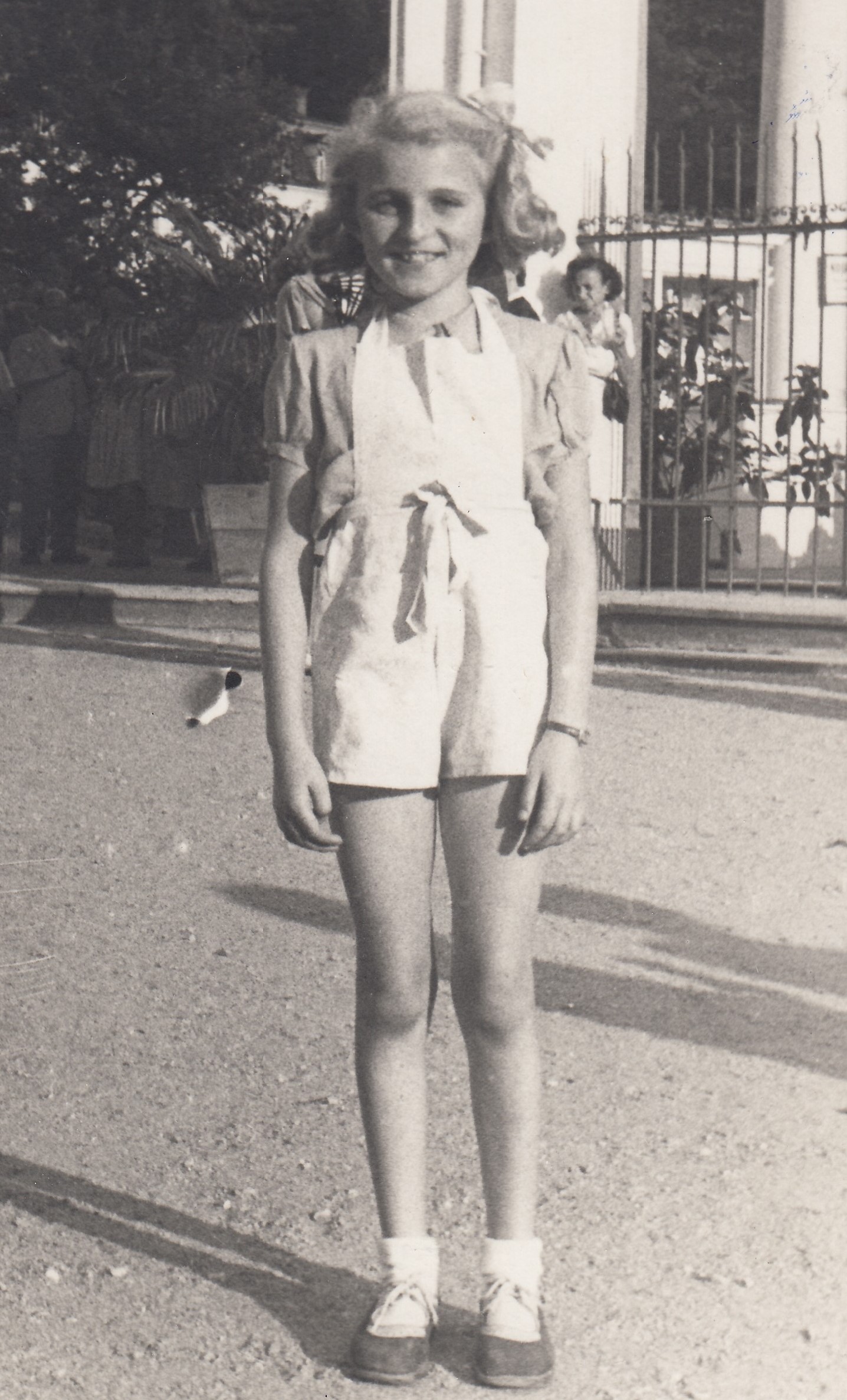
Download image
Jana Drahokoupilová was born on 26 May 1938 in Strakonice. Her father worked there as the director of the arms factory, but he passed away three months after she was born. Her mother moved with her two daughters to Tábor to live with her parents, then returned to Strakonice for a short time. There, as a little girl, the witness saw American General George Patton on a military parade after the end of World War II. In 1946, they moved to Mariánské Lázně to stay with friends. She spent her entire life there. Moving across the Demarcation Line, she experienced the behaviour of both Russian and American soldiers during the liberation. In Mariánské Lázně, they could have chosen a furnished apartment left by the deported Germans, but the mother did not want it at any cost. She saw how the Czechs looted the houses left behind by the German residents. After the communist coup in 1948, Jana Drahokoupilová watched the town transform. The refined spa houses became ROH (Revolutionary Trade Union Movement) convalescent homes, and the spa industry began to decline rapidly. The nationalisation affected the appearance and cleanliness of the individual spa establishments. After primary school, she wanted to enter a grammar school, but because of her bourgeois background, the communists did not allow her to apply. Eventually, however, she graduated from the eleven-grade school, and after graduation, she went to Plzeň to study teaching. In high school, she and her classmates rebelled against the totalitarian regime. All her life, she took care of her seriously ill mother. In 1961, she married and then had three children. Her sister Jarmila emigrated to Germany soon after August 1968. They did not see each other again until 13 years later. State Security watched her husband Miroslav for his anti-communist beliefs. She taught Czech and Russian at a primary school. After the Velvet Revolution, she was active in the Civic Forum, took part in social and political activities in Mariánské Lázně, and at the time of the filming in 2023, she worked as the town’s chronicler.
